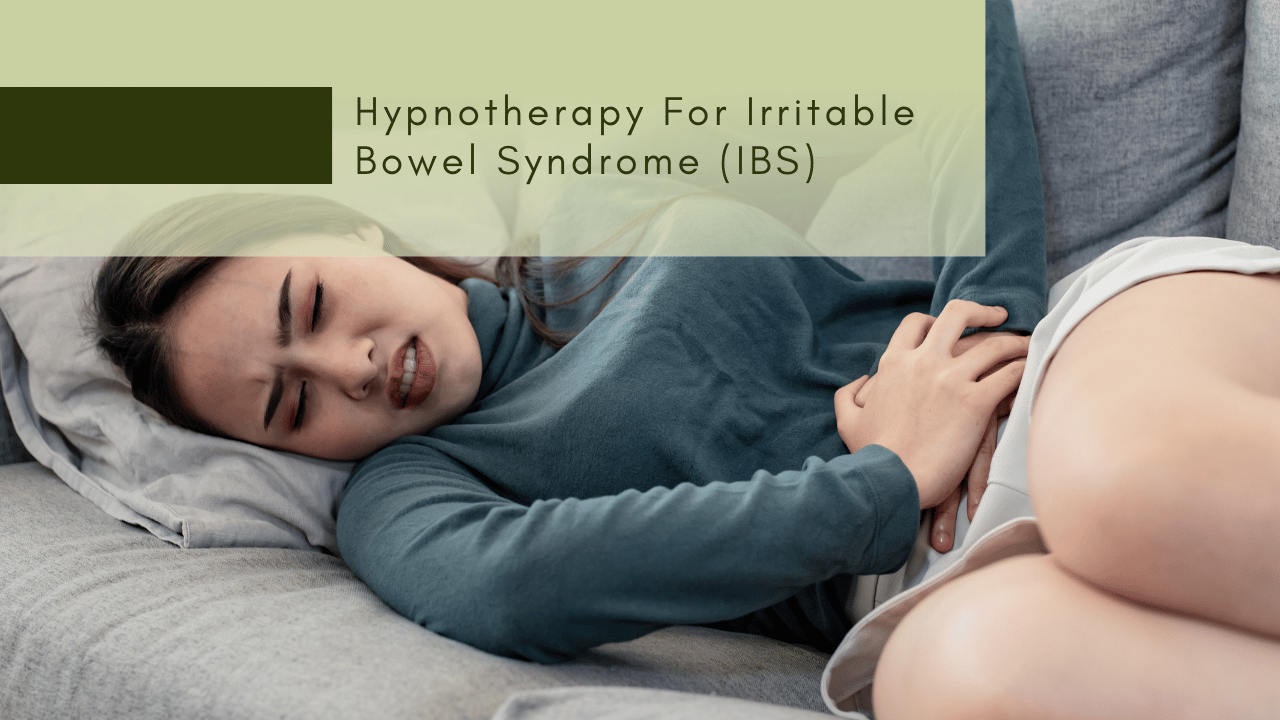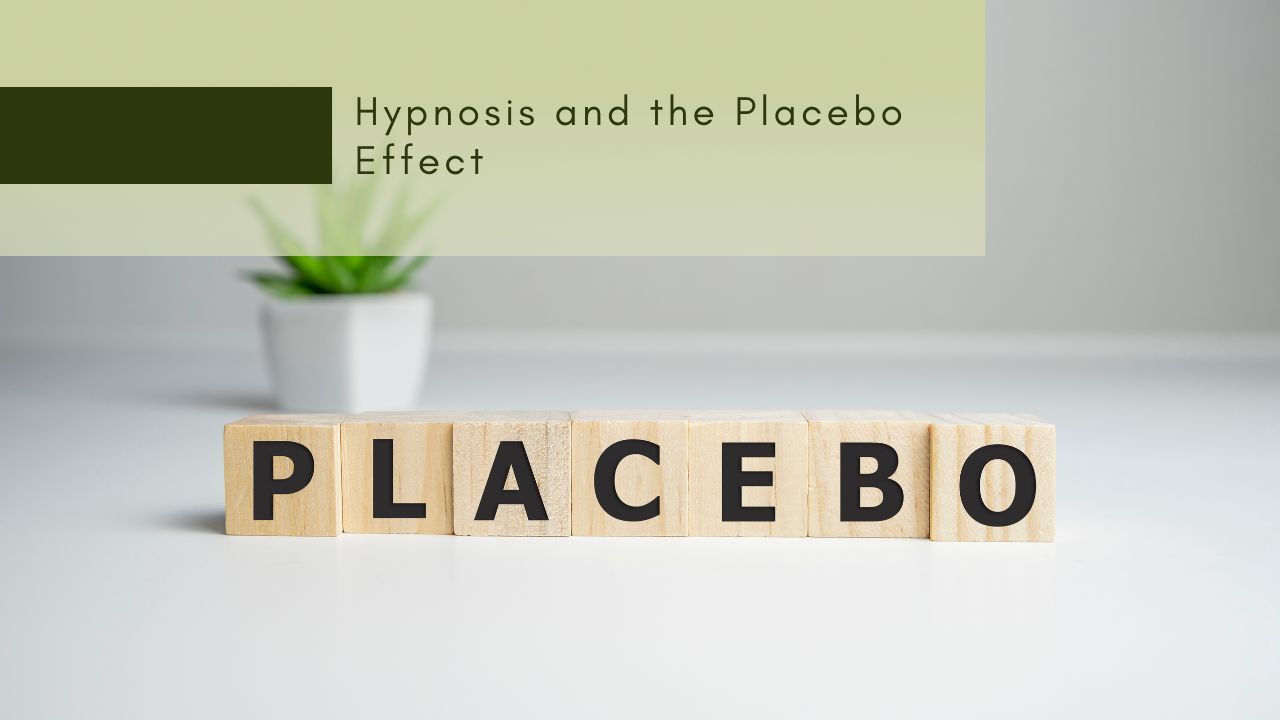Hypnotherapy has been gaining recognition for treating various conditions, including Irritable Bowel Syndrome (IBS). But how exactly does it provide relief from IBS symptoms such as abdominal pain, weight loss, rectal bleeding, nighttime diarrhea, depression, and anxiety?
Hypnotherapy Techniques for IBS
Techniques employed in hypnotherapy mainly revolve around both physical and mental relaxation. They can also help manage stress, often associated with IBS, and shed light on adopting balanced lifestyle habits enhancing overall health and well-being.
Let’s delve deeper into these hypnotherapy techniques:
- Relaxation: Through mindfulness and concentrated awareness, individuals can alleviate tension and IBS-related stress.
- Boosting Confidence: IBS can significantly impact one’s self-confidence. Hypnotic suggestions and mental reframing can help individuals regain confidence and anticipate success.
- Reprogramming: A technique that involves accessing the subconscious mind during a highly suggestible state gives way to instructions that aid in reprogramming the body’s digestive behaviors.
- Pain Reduction Hypnosis: Leveraging the strong mind-body connection, pain perceptions can be altered during hypnosis. A common visualization technique is imagining regulating pain intensity by using a dial or knob.
Exploring Gut-Directed Hypnotherapy
Our body houses a ‘gut-brain axis’ – a bi-directional line of communication between the brain (central nervous system) and bowels (enteric nervous system). It is hypothesized that malfunctions in this link possibly contribute to IBS symptoms, such as gut pain, constipation, or diarrhea.
Gut-directed hypnotherapy aims at retraining this connection by tapping into subconscious mind. According to Monash University researchers, it is believed that a deeply concentrated, relaxed state makes the brain receptive to suggestions on better gut communication, thereby improving symptoms. Additionally, hypnotherapy can also help manage HPA-axis, proven to alleviate stress, a significant IBS trigger.
Can Hypnotherapy Replace IBS Medications?
Standard IBS treatments focus on managing prevalent gastrointestinal symptoms like diarrhea or constipation, often utilizing pharmacological therapy. However, many IBS sufferers struggle with this approach, seeking alternative solutions to alleviate their symptoms.
IBS experiences and outcomes can vary significantly among individuals. Many have found hypnotherapy, either standalone or coupled with other complementary approaches and lifestyle modifications, more effective than conventional medicines.
Does Hypnotherapy Prompt Immediate Changes?
Everyone is unique, so improvement timelines can vary widely. Progress can be contingent on clients’ commitment to following recommended actions and their participation in the programme. Most clients see appreciable improvements after their first session, but comprehensive results typically necessitate a full program.
Is Hypnotherapy for IBS Safe and Effective?
Research highlights hypnotherapy as an effective IBS treatment, reducing symptoms for a significant proportion of patients. Studies, including one involving 118 IBS sufferers, have underscored that hypnotherapy recipients experienced considerably fewer IBS symptoms. Another study showed that hypnotherapy enhanced both IBS symptom reduction and life quality improvement. A meta-analysis further validates hypnotherapy’s role in effective IBS management.
However, like any therapeutic technique, hypnotherapy can seldom give rise to side effects like anxiety, headaches, dizziness, and drowsiness. It is generally safe when conducted by trained professionals. However, it might be unsuitable for individuals with serious mental conditions like hallucinations, delusions, substance misuse, and schizophrenia. Thus, it is critical to discuss medical history with the hypnotherapist prior to commencing the sessions.




